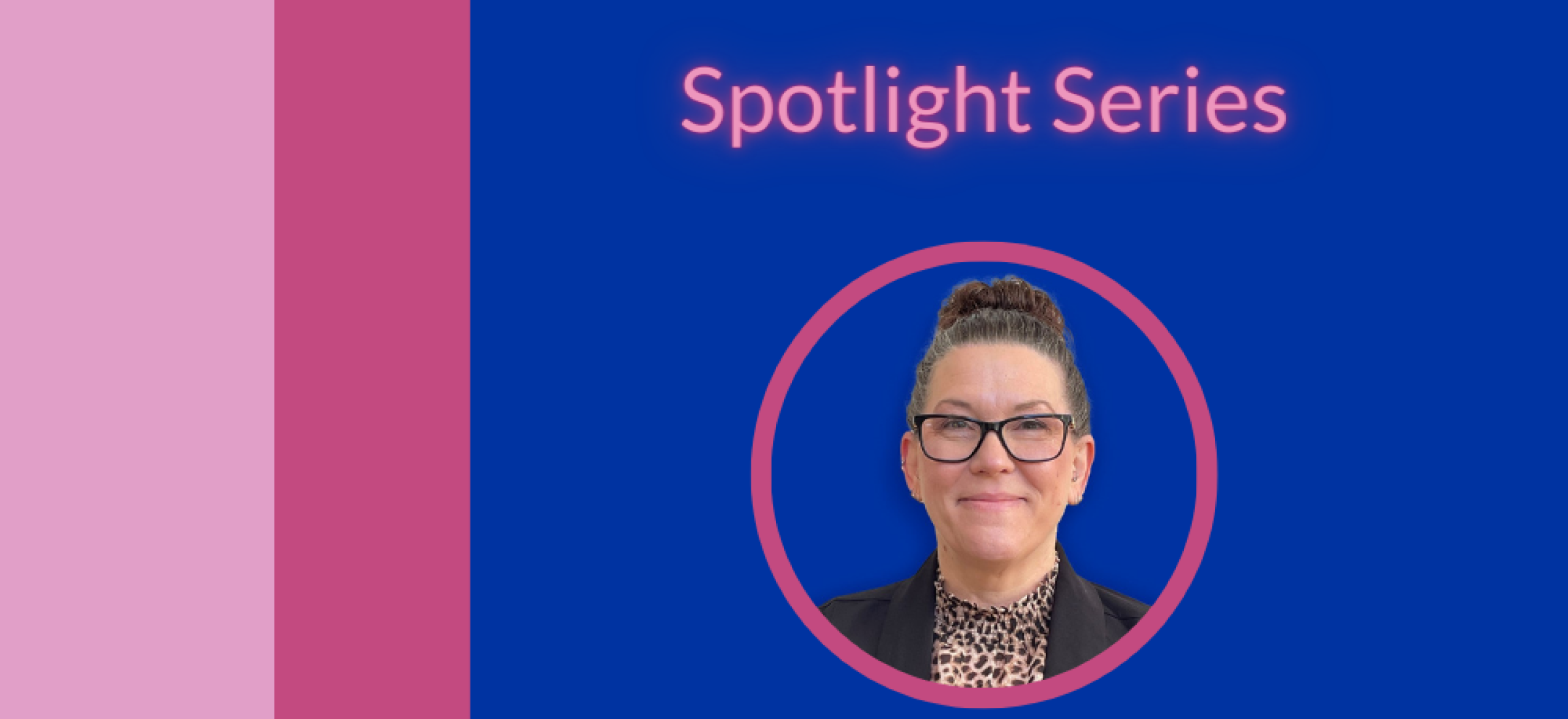By Dawn Argue, Senior Underwriter
Let’s face it: trust is pretty critical in the insurance business. After all, insureds have to be able to trust that the insurer will treat them fairly if and when a claim arises. Similarly, brokers have to be able to trust that when they make a submission to an insurance company, the underwriter assigned to the submission will give it the attention that it deserves.
In my job as a senior underwriter, I have to be constantly building trust with brokers so they know that I am doing my best for them and their customers. And over the course of my career, I’ve learned that having a relationship where the foundation is built on trust can be really important, particularly when you have to have a difficult conversation. Trust can make those difficult conversations a lot easier—and more productive.
The thing you have to remember about trust, though, is that it takes a long time to build but it can be eliminated in an instant. So how can underwriters and others in the insurance industry go about building trust-based relationships? Here are three key ways.
Start from day one. Like I said earlier, trust takes a long time to build, and if you aren’t starting from day one, you’re building a barrier that you’re going to have to overcome sooner or later. When you show a broker or client that you can be trusted from your first interaction, you are establishing a baseline of trust that will inform everything that follows. One way I do this is by treating customers like a family member from the first time I talk to them—I would never sell my mother or grandmother a bad policy, and my customers deserve that same treatment.
Be honest and transparent. Brokers and clients know and expect that you might have to have a tough conversation with them. If you try to talk around the sticky issue, they’re not going to know where you stand. And if you aren’t transparent about why, for example, you have to insist on a certain exclusion, they’re going to think that you are just being difficult. One of the things that I think makes Joyn such a powerful platform for insurance is our focus on transparency—we share everything that we find out with our clients so they know what we know. In some instances, we may even be sharing information that is useful but they weren’t aware of.
Be reliable and consistent. Just like it’s important to start building a relationship based on trust from your first interaction, it’s also important to understand that everything you do—or don’t do—will either add to or erode that foundation. That means reliability and consistency is key. You have to do what you say you are going to do, every time. And if it’s possible to overperform—like getting something to a customer before you said you’d have it done—that goes a long way, too.
Underwriting is at its heart about assessing and managing risk, but the truth is it’s also in many ways a sales position. And whether you’re looking into a company’s risks or helping them come up with the right policy to plan for those risks, trust can be the make-or-break factor.
At Joyn, building trust is a part of all we do. If you’d like to experience firsthand what we are able to offer, reach out to [email protected] for more information.
